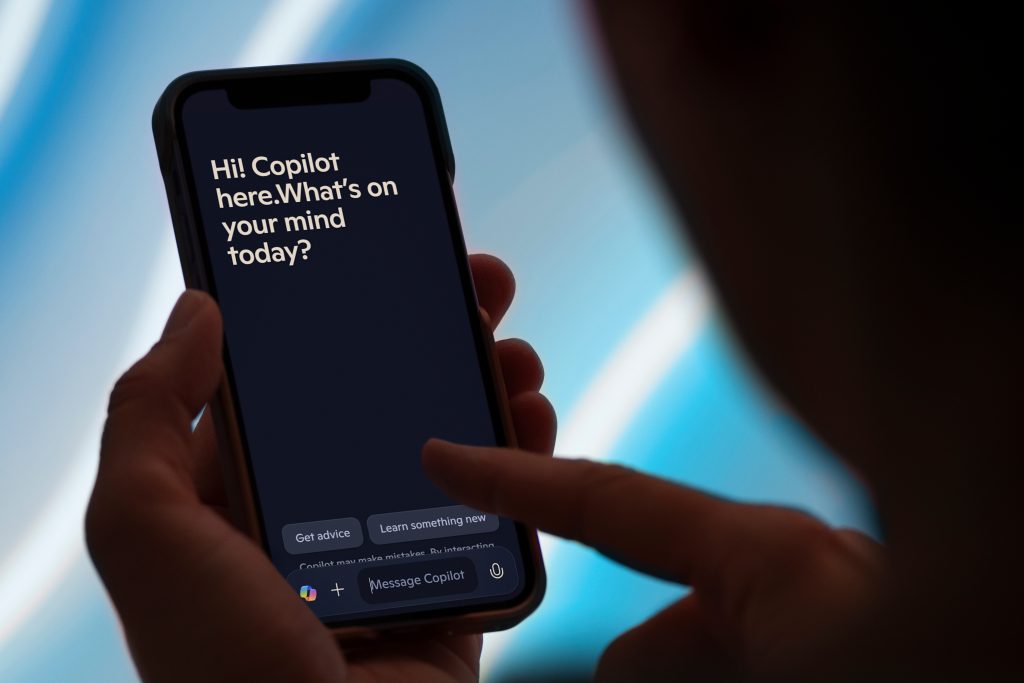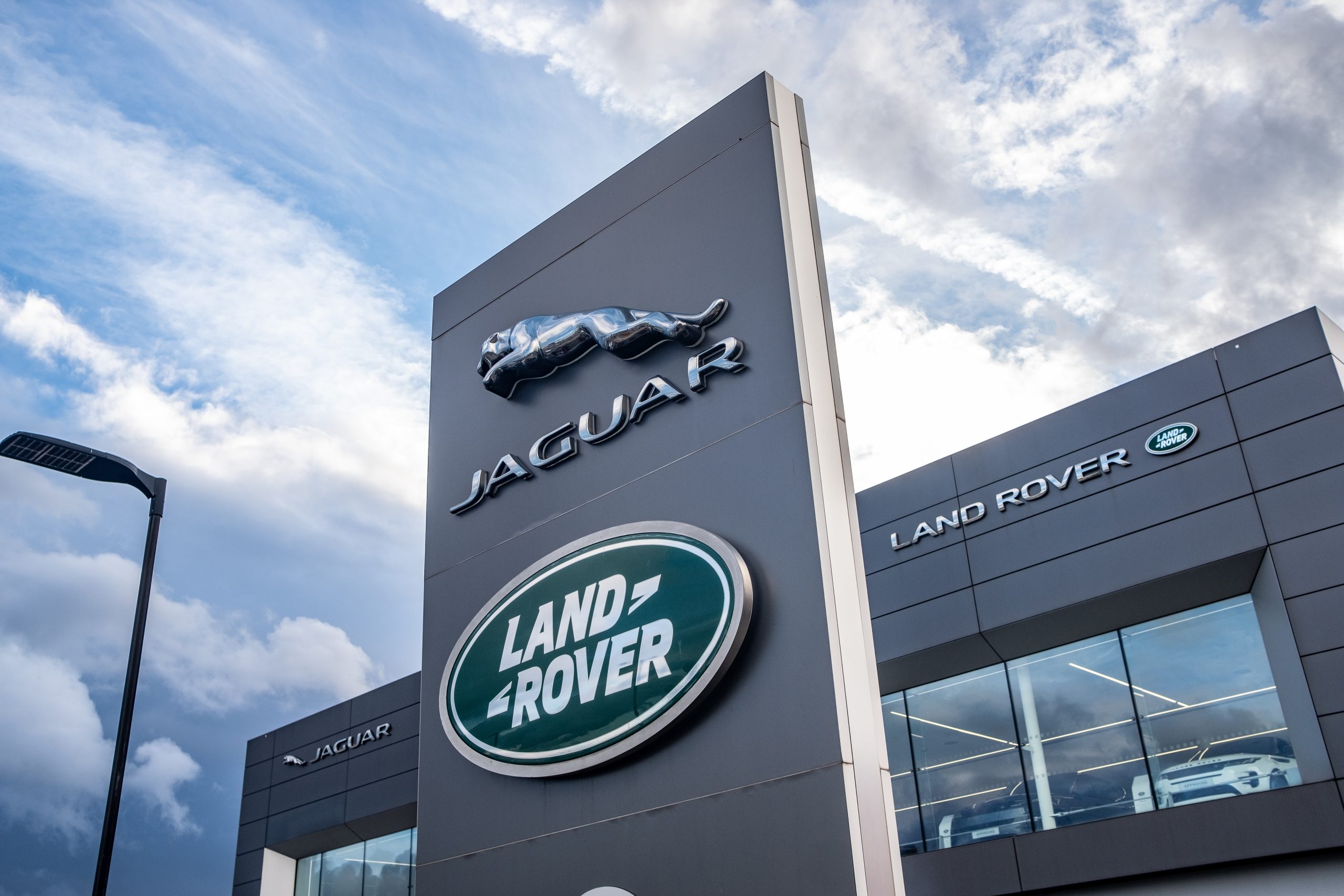At the Microsoft Build 2025 conference, Chief Technology Officer Kevin Scott unveiled a strategic initiative aimed at enhancing the collaboration and memory capabilities of artificial intelligence (AI) agents. This move is part of Microsoft’s broader vision to foster interoperability among AI systems from different providers and to enable these agents to retain contextual information over time, thereby improving their efficiency and user experience.
To facilitate seamless interaction among AI agents, Microsoft is endorsing the Model Context Protocol (MCP), an open-source standard introduced by Anthropic. MCP is designed to allow AI agents to share contextual information securely and efficiently, much like how hypertext protocols enabled the interconnectedness of the internet in the 1990s. Scott highlighted that MCP could create an “agentic web,” enabling AI agents from different companies to work together effectively.
Addressing the challenge of AI agents’ limited memory, Scott introduced a method called structured retrieval augmentation. This approach enables AI systems to extract and retain concise, relevant information from user interactions, reducing the need to process entire conversations anew each time. By mimicking human memory processes, this technique aims to make AI agents more efficient and context-aware without incurring significant computational costs.
Microsoft’s focus on AI is underscored by its substantial investment of $64 billion in 2025, primarily directed toward enhancing AI services like Copilot within Microsoft 365. The company is also optimizing its infrastructure by utilizing its own data centers for core services and partnering with specialized providers like CoreWeave for additional computing needs. This strategy aims to balance performance with cost-effectiveness as demand for AI services continues to grow.
At Build 2025, Microsoft announced updates to its Copilot AI assistant, integrating it more deeply into Windows 11 and Microsoft 365 applications. These enhancements are designed to provide users with more personalized and proactive assistance across various tasks. Additionally, Microsoft introduced new tools for developers to build and integrate AI systems, reflecting the company’s commitment to fostering innovation in the AI ecosystem.
Microsoft’s initiatives at Build 2025 signal a significant step toward creating a more collaborative and intelligent AI landscape. By promoting open standards and enhancing AI agents’ memory capabilities, the company aims to pave the way for more seamless and efficient interactions between humans and AI systems.




